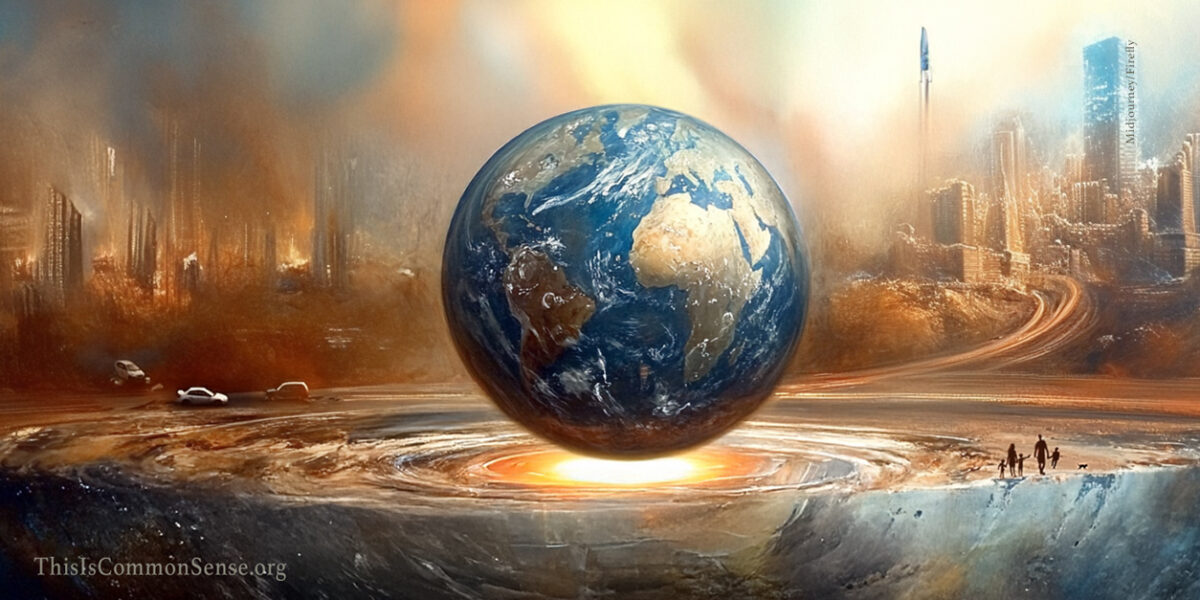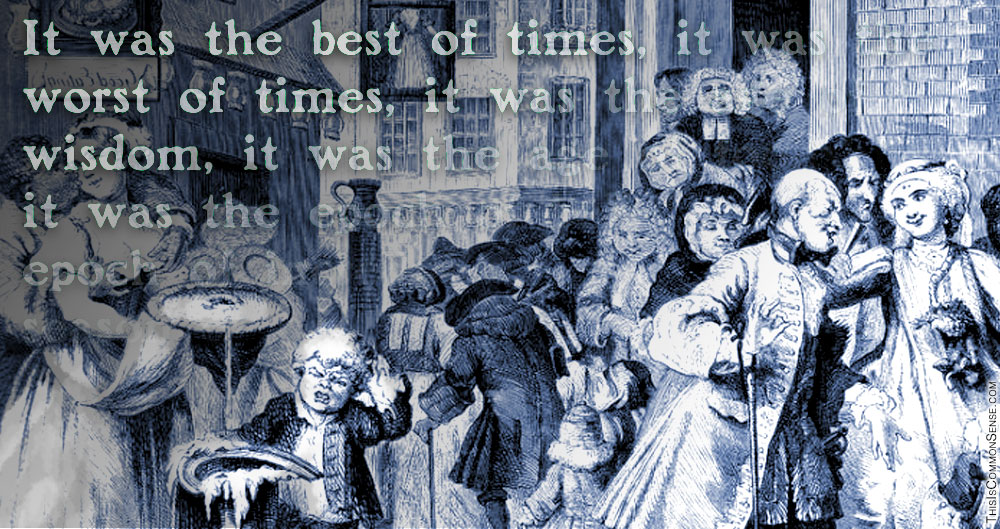Tonight — or hopefully sometime before Christmas — we will know who the next president of these United States shall be.
I’m also anxious to find out who wins control of the U.S. Senate and House — and most excited to see the outcome of 11 statewide ballot measures that I’ve been engaged in — across ten states, including eight states with Citizen Only Voting Amendments on the ballot, most critically North Carolina and Wisconsin.
But my elation in expectation on this fine day is greatly tempered by the sobering reality that awaits on Wednesday. No matter who wins … something approaching half the country will be deeply distraught.
I’m tired of hearing that America is “over” — that this experiment in freedom and democracy has run its course and is destined to soon fail. But on Wednesday I’ll no doubt hear that chorus again from the losing side.
No one gets a prize for predicting America’s demise — only for preventing it.
What worries me most, however, are the challenges Wednesday’s winner will face from a world at war in Europe and the Middle East, with conflict rapidly approaching in Asia.
“World War III,” as columnist George Will wrote weeks ago, “has begun.”*
Yet, the election has been largely devoid of serious foreign policy discussion. “The U.S. presidential campaign is what reckless disregard looks like,” quipped Will. “Neither nominee has given any evidence of awareness of, let alone serious thinking about, the growing global conflagration.”
Whoever wins today (or whenever): Buckle your seatbelts.
This is Common Sense. I’m Paul Jacob.
* Mr. Will believes history will look back to mark the beginning of the Third World War with “Russia’s 2014 seizure of Crimea,” during the Obama administration.
Illustration created with Midjourney
See all recent commentary
(simplified and organized)
See recent popular posts



